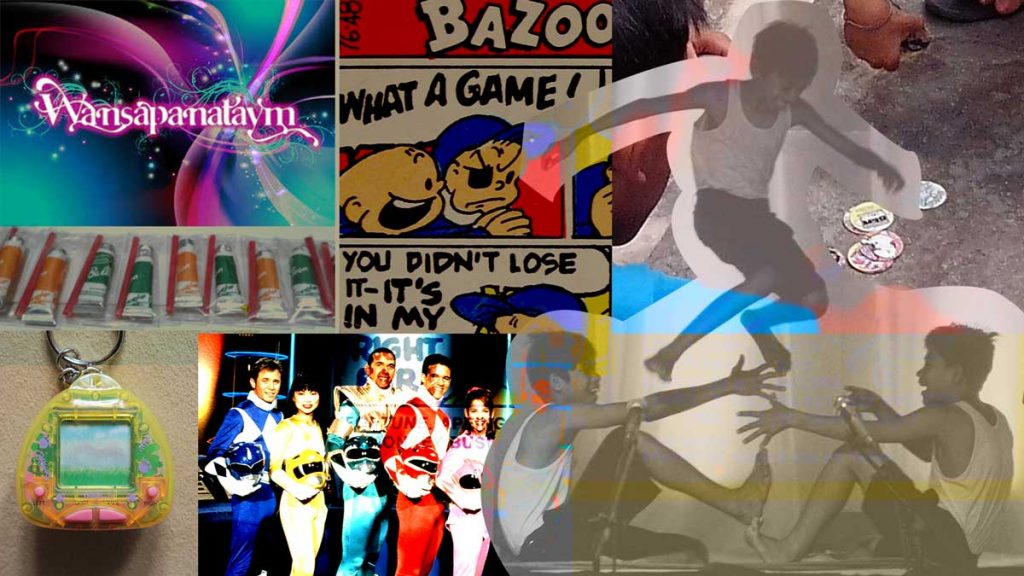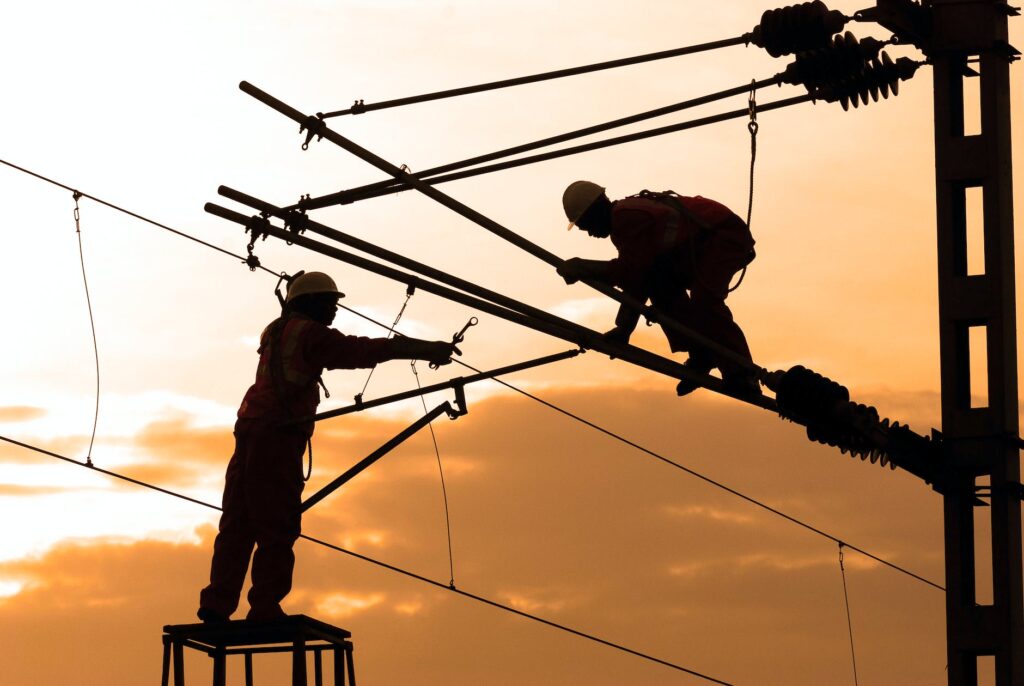Living in a country surrounded by bodies of water is truly a privilege. Unfortunately, due to pollution, marine life is now in danger. It is our responsibility to take action and preserve the beauty of our Philippine seas. Here are the top ways to help save our Philippine seas from pollution.
Read more:
- It’s Earth Day! Learn How You Can Celebrate It
- How To Celebrate Philippine Environment Month
- The Perfect Tree – Children’s book talks about the environment for kids!
Cleanliness is key.
One of the simplest yet most effective ways to prevent marine pollution is by keeping our surroundings clean. Dispose of trash properly, segregate waste, and participate in beach clean-ups.
- Invest in renewable energy sources such as solar and wind power.
- Reduce single-use plastics. Plastic waste is one of the biggest contributors to marine pollution. Start by reducing single-use plastics like straws, utensils, and plastic bags.
- Opt for eco-friendly products. Choose eco-friendly alternatives like reusable water bottles, cloth bags, and biodegradable products. These may cost a bit more, but they are worth investing in for the long-term benefit of our environment.
- Organize a community cleanup event. Get together with your neighbors and organize a community cleanup event. Pick up litter from the streets, parks, and local beaches. You can use eco-friendly garbage bags and gloves to make the event more sustainable.
- Install recycling bins. Install recycling bins in your neighborhood to encourage people to recycle. You can place them in communal areas such as parks, playgrounds, and apartment buildings. The more accessible recycling is, the more people will be motivated to use it.
Conserve water.
Water scarcity is a real issue, and conserving water helps prevent the need to extract more from our seas. Take shorter showers, fix leaks, and use appliances wisely.
Support sustainable fishing practices.
The Philippine seas house a variety of marine species. However, overfishing can lead to depletion of resources. Choose sustainably farmed or caught seafood and support local fishing communities.
Proper disposal of hazardous waste.
Many items, such as batteries, electronics, and household cleaners, contain hazardous chemicals that can seep into our waters. Dispose of them properly by following the proper waste disposal guidelines.
- Implement a citywide recycling program.
- Create incentives for businesses to reduce their waste output.
- Use eco-friendly cleaning products. Switch to eco-friendly cleaning products that are gentle on the environment and do not contain harmful chemicals. These cleaning products are biodegradable and do not pollute our water systems.
- Set up a compost station. Setting up a compost station is an excellent way to reduce the amount of waste sent to water. Composting is a simple process that can turn food scraps and other organic waste into nutrient-rich soil for plants.
Educate others.
Spread awareness about marine pollution and its effects. Encourage others to take action by sharing information on social media, talking to family and friends, and organizing community events.
- Launch a public awareness campaign on the importance of reducing, reusing, and recycling.
Plant mangroves.
Mangroves serve as a natural filter and a crucial habitat for marine life. Support reforestation efforts by planting mangroves or joining community planting programs.
Read more: Filipino Scientist Underscores Philippine Mangrove Conservation in New Documentary
Advocate for policy change.
Petition for stricter regulations on pollution, waste management, and sustainable practices. Support organizations and lawmakers that advocate for marine conservation and protection.
- Establish laws and regulations to prohibit littering and increase fines for violators.
The beauty of our Philippine seas is at risk, and we must take action and preserve these precious resources. Make small changes in your daily routine, educate others, and participate in conservation programs. Together, we can make a difference in saving our seas from pollution.










